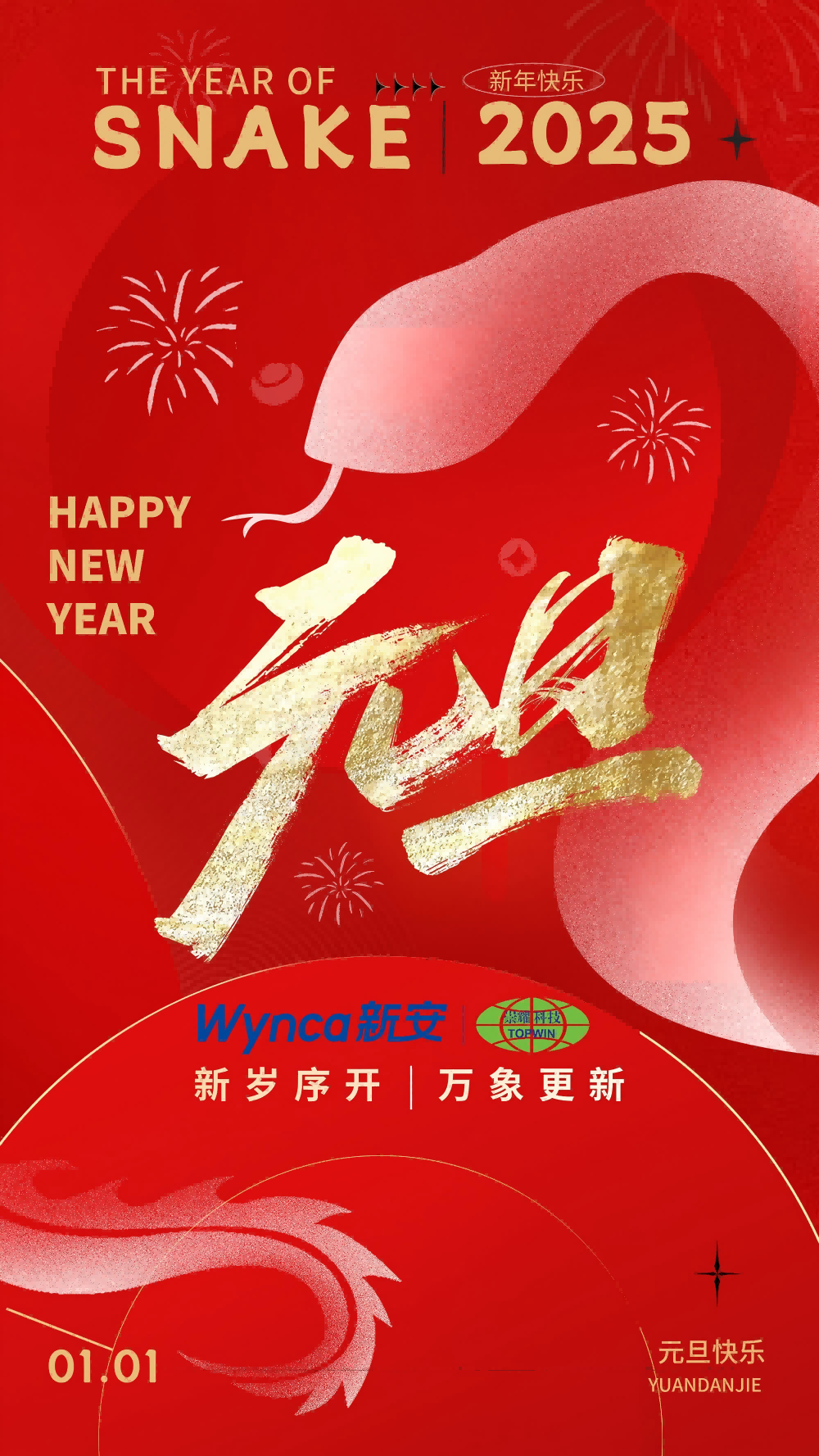
Yuandan, also known as New Year's Day, is an important festival in China and many other countries around the world. According to the Gregorian calendar, it marks the beginning of the new year. Celebrations often feature heartwarming family reunions, lavish feasts, dazzling fireworks displays, and myriad vibrant cultural performances, all contributing to an atmosphere of joy and festivity. People often exchange greetings and blessings, wishing each other prosperity and happiness in the new year.
The customs of the New Year are rich and diverse, reflecting China's traditions and aspirations for welcoming the new year. Here are some typical customs of the New Year:
- Tasting New Year's rice cake: Rice cake is the most popular New Year dessert. Its Chinese name is 年糕 (nian gao), a homophone for "year higher" (年高), which symbolizes increasing prosperity and promotions year after year.
- Enjoying dumplings: Northern Chinese people like to enjoy dumplings on New Year's Day, which symbolize wealth and good luck, inspiring hopes for a harmonious and prosperous new year.
- Tasting Tangyuan: In some southern regions, people taste sweet glutinous rice balls called Tangyuan, during the New Year, whose round shape symbolizes family reunions and happiness.
- Setting off firecrackers: On New Year's Day, people set off firecrackers to drive away evil spirits, while celebrating the arrival of the new year, creating a lively and festive atmosphere.
- Conducting thorough cleaning: Thoroughly cleaning the home environment symbolizes bidding farewell to the old and welcoming the new, and also implies welcoming good luck, making the home fresh and new.
- Hosting a reunion dinner: Family members gather together for dinner, to enhance family ties, convey blessings, and let love and warmth flow at the dinner table.
- Performing dragon and lion dances: During the New Year, there are often dragon and lion dances in folk traditions, aimed at praying for well-being, driving away evil and avoiding misfortune, adding a festive atmosphere to the holiday.
- Posting spring couplets and window decorations: Although spring couplets and window decorations are more closely associated with the Spring Festival, people also post them during the New Year to express celebration and convey the joy of the holiday.
- Exchanging gifts: On New Year's Day, people exchange carefully selected gifts to convey sincere blessings and share joy with friends and family.
- Wearing new clothes: Wearing new clothes on New Year's Day symbolizes a new beginning and a desire for a prosperous and fulfilling life.
- Watching New Year's Eve galas: Many people enjoy watching New Year's Eve galas on television and streaming platforms, celebrating the moment with lively performances and festive cheer.
- Planning travel activities: On New Year's Day, many people choose to embark on travel adventures, seeking relaxation and new experiences in the festive atmosphere.
- Setting New Year's resolutions: On New Year's Day, people review the achievements of the past year and set ambitious goals and resolutions for the coming year, aiming for personal growth and success.
New Year's Day is also a new beginning. Wish you a new achievement, greater glory in life, and a happy New Year's Day!